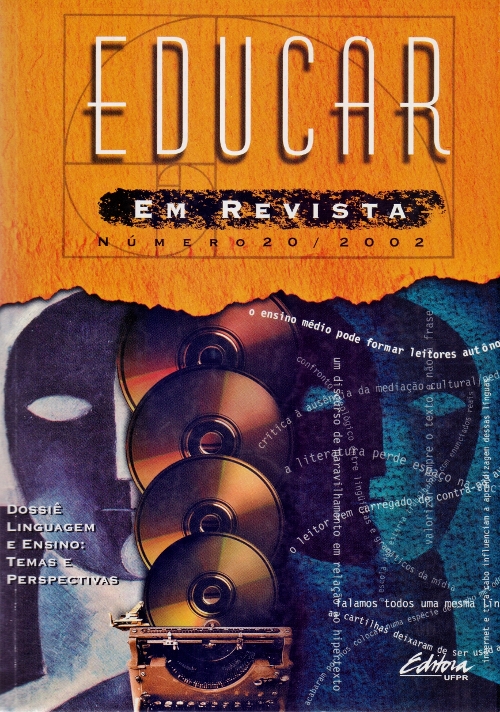O movimento missionário e educacional protestante na segunda metade do século XIX: para cada igreja uma escola
Palavras-chave:
missionarismo protestante, educação, protestant missionarism, education.Resumo
Os protestantes, que nas décadas finais do século XIX vieram ao Brasil, apresentavam-se e se desejavam como expoentes de uma força renovadora que não pretendia apenas o ajustamento de seus membros às condições político-sociais dominantes, mas, inclusive, aspiravam por transformações econômicas a exemplo do que vinha acontecendo no seu país de origem, alicerçando assim o poderio do capitalismo incipiente que se delineava desde os meados do século. Assumindo uma postura de progresso e desenvolvimento, aliada a um padrão de comportamento ético onde imperava a austeridade, defendiam a vocação secularizante entre Igreja e Estado, a educação liberal e democrática, e se opunham ao totalitarismo retrógrado defendido pelos católicos imbuídos de forte espírito elitista e tradicional. Era a idéia do destino manifesto de um povo que tinha a incumbência divina de levar a verdadeira fé aos gentios e idólatras que viviam nos quatro cantos do mundo.
The missionary and educational protestant movement in the last half of the XIX Century: for each church one school
Abstract
The Protestants, who came to Brazil at the last decades of the 19th Century, presented themselves as and wished being exponents of a renovating strength which didnt just intend the adjustment of its members to the dominant political-social conditions but, besides, aspired for economic changes inspired in what had been happening in its origin country, supporting the might of the incipient capitalism that had been delineated since the mid-Century. Assuming a posture of progress and development, allied to an ethical behavior pattern where the austerity reigned, they defended the secularistic vocation between Church and State, the liberal and democratic education, and they were opposed to the retrograde totalitarianism defended by the Catholics emerged in strong elitist and traditional spirit. It was the idea of the manifested destiny of a people that had the divine incumbency of taking the true faith to the heathens and idolaters who lived in the four parts of the world.
Como Citar
Edição
Seção
Licença
Todo o conteúdo do periódico está licenciado sob uma Licença Creative Commons do tipo atribuição BY.
Os Direitos Autorais para artigos publicados na Educar em Revista são do autor, com direitos de primeira publicação para a revista. A revista é de acesso público (Open Access), sendo seus artigos de uso gratuito, com atribuições próprias, em aplicações educacionais e não-comerciais.



